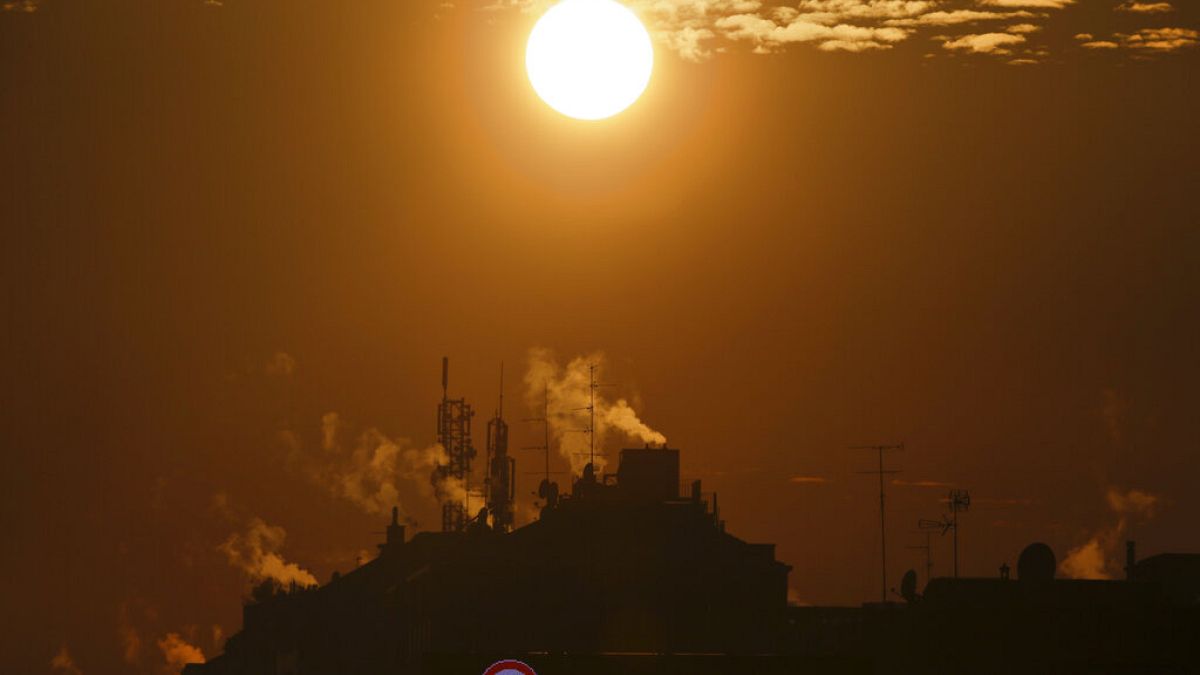Germany seeks reassurance from European Commission that it will not be forced to restrict car driving or shutter polluting factories as stricter air quality rules take effect across Europe.
Environment ministers have signed off on stricter EU limits for air pollutants at an EU Council summit in Luxembourg, in a move welcomed by environmentalists and public health campaigners.
“This was a rare, once-in-a-generation opportunity for lawmakers to revise air quality standards to better protect people’s health, and we are pleased that they have seized it,” said Emma Bud, a lawyer with the environmental group ClientEarth, after the vote today.
The legal charity is supporting residents of Belgium, Germany, Italy and Poland in their efforts to sue governments over a failure to comply with even the existing standards, in a bid to have the human right to breathe clean air recognized in court.
The revision of the Ambient Air Quality Directive brings Europe’s air pollution limits closer, although not fully in line with, the strict thresholds recommended by the World Health Organisation for gases like oxides of sulphur and nitrogen (NOx and SOx), and harmful microscopic particulate matter (PM) generated by traffic and burning coal and wood.
ClientEarth welcomed in particular provisions that give citizens the “clear right to go to court to demand better from authorities who fail to protect them from illegal levels of air pollution” and require governments to pay compensation to people whose health has been damaged by illegal levels of dirty air.
“All eyes are now on EU countries as they start preparing for the new law to come into force,” Bud said. “We urge them to plan ahead and allocate resources effectively, so that local authorities can comply with the law on time.”
But although all EU countries bar Malta – which abstained claiming it would be impossible for it to meet the new limit on nitrogen dioxide of an annual average below 20 μg/m3 by 2030 – supported the stricter regulations on air quality agreed provisionally with the European Parliament in February, some voiced misgivings in written declarations.
Germany welcomed a clause that allows governments to postpone the compliance date until 2040 in certain cases, for example adverse climatic conditions or cross-border pollution, or where an unmanageable proportion of domestic heating system would need to be replaced.
But Berlin also asked the European Commission to fast track supplementary legislation clarifying that governments would not be forced to impose “driving bans or the restriction or closure of industrial plants” as a prerequisite for an extension of the deadline.
Latvia was concerned that “the transitional periods are too short for a successful implementation of the new provisions”, in particular with regards setting up urban “monitoring supersites” and measuring systems for new pollutants.
The Health and Environment Alliance, a campaign group, said dirty air was the top environmental threat to health in Europe, citing data from the European Environment Agency that suggests only 3% of Europeans are not regularly exposed to excessive levels of pollution.
“Both short- and long-term exposure increases the risk of cardiovascular disease, heart disease, stroke, asthma, chronic obstructive pulmonary disease, and lung cancer,” the group said, noting that air pollution has also been linked to premature birth, diabetes, obesity and dementia.
“The swift implementation of the revised Ambient Air Quality Directive will lead to immediate improvements in air quality and health benefits, including a much-needed reduction in the staggering costs associated with air pollution,” said deputy director of the campaign alliance Anne Stauffer.
Read the full article here
